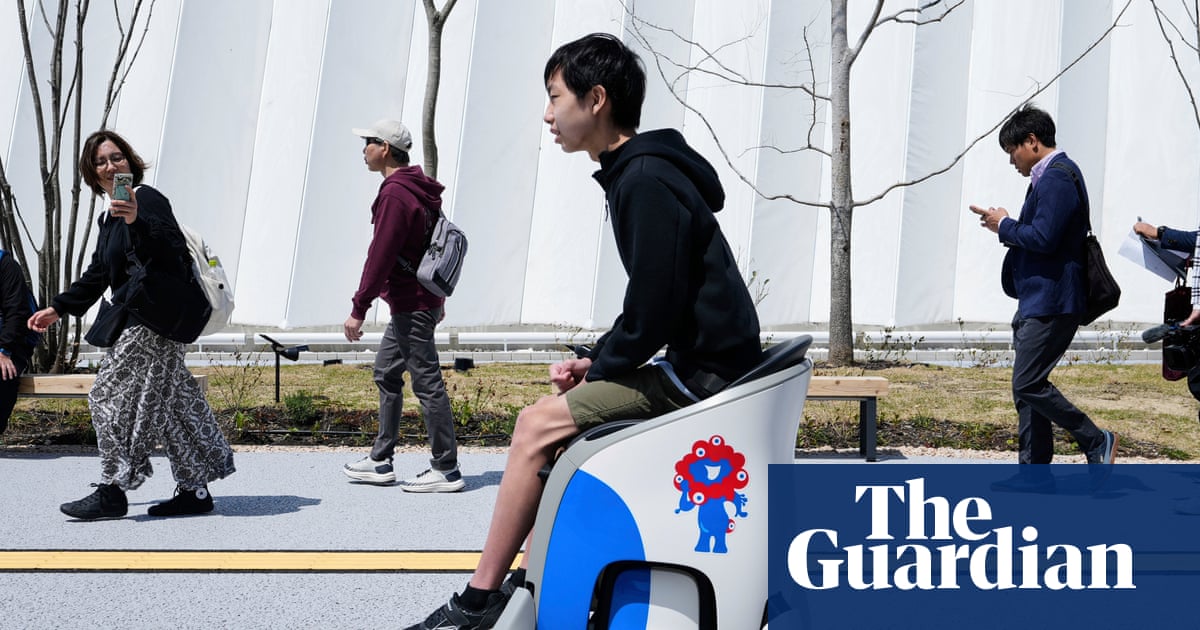This article presents a unique and intriguing story about a man who used an 85-year-old ticket to gain entry to Japan's 2025 World Expo. The narrative blends historical significance with contemporary events, evoking curiosity and nostalgia.
Cultural Significance and Connection to History
The story highlights Japan's historical context, specifically the 1940 Grand International Exposition, which was never realized due to World War II. By allowing holders of the 1940 tickets to enter the 2025 Expo, the organizers are acknowledging this lost history while also celebrating the continuity of the Expo tradition. This connection may foster a sense of community and shared heritage among attendees, potentially appealing to collectors and history enthusiasts.
Public Sentiment and Community Reaction
This news could evoke positive emotions, as it combines elements of nostalgia and excitement about the Expo. Fumiya Takenawa, the ticket holder, represents a younger generation that values historical artifacts and experiences. His story could inspire others to explore their own connections to history, possibly leading to increased attendance at the Expo.
Potential Distractors or Omissions
While the article primarily focuses on the intriguing ticket exchange, it does not delve deeply into the broader implications of the Expo itself, such as its economic impact or the challenges it may face. This could be a deliberate choice to maintain a light-hearted tone, but it may also obscure more complex issues surrounding the event, such as tourism dynamics or geopolitical considerations.
Manipulative Elements and Reliability
The article seems largely factual, with no overt manipulation detected. However, the framing of the story—focusing on a whimsical anecdote rather than the Expo's broader significance—could be seen as a way to distract from potential criticisms or challenges the event may face. The overall reliability of the article appears strong, as it reports on verifiable events and actions taken by the Expo organizers.
Comparative Context and Broader Implications
When compared to other recent news stories, this article appears to stand apart due to its lighthearted and historical focus. It does not seem to directly connect to any major economic or political narratives currently dominating headlines. However, it may indirectly contribute to a positive image of Japan's cultural initiatives, potentially influencing public perception and tourism.
Community Engagement and Target Audience
The article is likely to resonate with audiences interested in culture, history, and events. It may particularly appeal to younger demographics who appreciate unique experiences and the stories behind historical artifacts. By sharing a personal story, the article invites readers to engage with the Expo in a more meaningful way.
Market Impact and Economic Considerations
While this news may not have a direct impact on stock markets or global economic trends, it could influence tourism-related sectors. Companies involved in travel, hospitality, and cultural events might see increased interest or bookings leading up to the Expo.
Geopolitical Relevance
Although the article does not make explicit geopolitical connections, it does reflect Japan's efforts to present a positive image on the international stage through cultural events. This aligns with broader trends of nations using expos and cultural festivals to enhance their global standing.
Use of Artificial Intelligence in Reporting
It is plausible that AI tools were employed in the writing or editing process to ensure clarity and engagement. However, without specific indicators, it is difficult to pinpoint how AI might have influenced the narrative style. The article's straightforward and engaging tone could suggest the use of AI for enhancing readability.
The overall assessment indicates that while the article is largely reliable and informative, it also selectively emphasizes certain aspects over others, potentially guiding public perception in a particular direction. The story's charm lies in its historical connection, yet it may divert attention from broader discussions regarding the Expo's significance.
